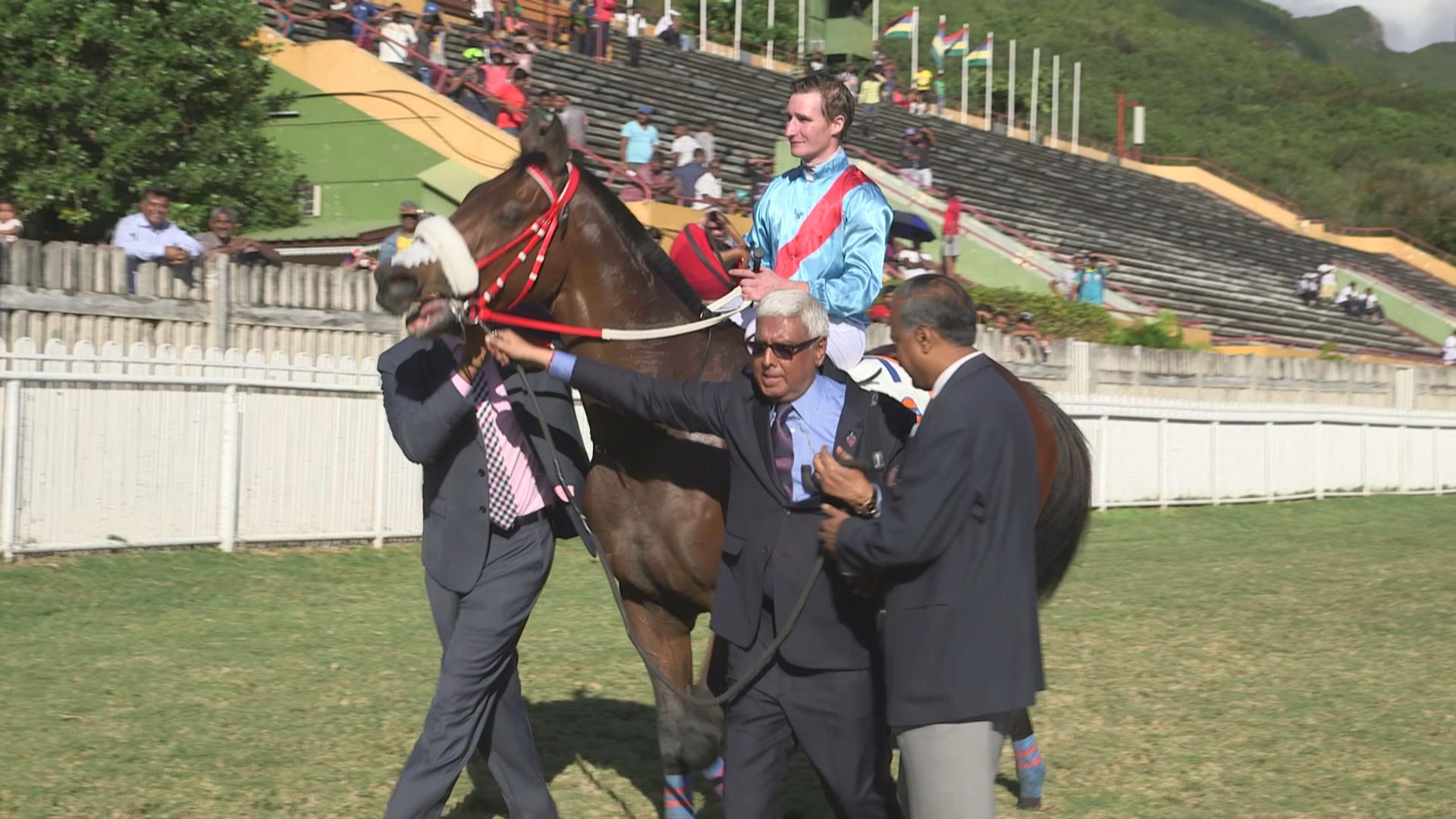
Faces of Africa – Horse Racing For Unity Pt. 2
Mauritius horse racing history spans over two hundred years, horse racing is arguably the most popular sporting event in this Island nation. The sport has grown into a multi-million dollar industry.
Two passionate trainers from divergent backgrounds, Ramapatee Gujadhur and Amar Sewdyal, are hoping for a win for their horses.
“Horse racing here, is the national sport of Mauritius. We have a very wide range of followers, which cuts across class, communities and social status,” says Ramapatee.
Alexander Philippe is Amar stable’s veterinarian. His main work is to oversee the overall health of all the horses in the stable.
“Due to the issues arising from the track, we administer intra articular treatment to the horses. This is because horses develop a few joint problems,” Alexander discloses

In as much as Mauritius is synonymous with horse racing, there have been two previous unsuccessful attempts to breed racehorses on the island and Mauritian owners have no choice than to import on a regular basis their runners from abroad. South Africa constitutes their main market due to its proximity and similarity in climatic conditions. Every year about 100 racehorses are flown over from Johannesburg and reach the island only four hours later. Most imports are geldings aged from 3 to 5 years old.
There are two main training centers in Mauritius. Firstly the Champ de Mars racetrack can accommodate 160 horses and opens its sand tracks as early as 5 am for track work. Secondly, 150 boxes are available at the Guy Desmarais Training Centre at Floreal whose location on the high plateau allows for a cooler climate and therefore shorter recover periods for racehorses in general. Both training centers are run by the Mauritius Turf Club.

The racing season in Mauritius stretches from April to December and is carried out under the Rules of racing of the Mauritius Turf Club which is a founder member of the International Federation of Horse Racing Authorities. There are at present 31 race meetings in a year, approved by Government. Four classics, with listed race status, and an International Jockey’s Day constitute the highlights of the season.
Being a non-profit organization, the Mauritius Turf Club reinvests all revenues into racing and offers subsidies to stables to meet their expenses. In 2006, prize money levels reached Rs 22 million while subsidies totaled Rs 26 million. The cost to keep a horse in training averages Rs 15000 monthly.
The majority of jockeys riding in Mauritius are foreign professionals, originating mainly from South Africa. Mauritius also has local jockeys and apprentices who benefit from about 30% of the mounts during a season.

Mauritian race goers enjoy punting and flock in huge numbers to the racecourse as soon as the betting market is open two days before a race meeting.
Horse racing is truly entertaining to the Mauritanians but most importantly the sport continues to unite them as a country.






